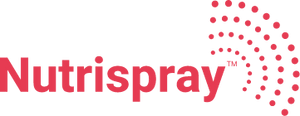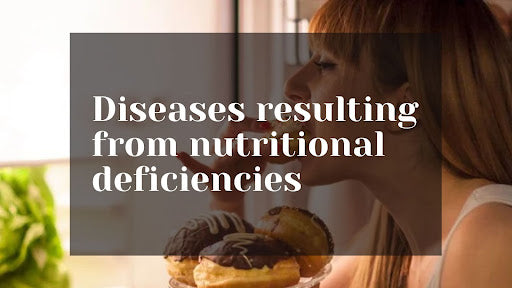While eating, most of us fill our platter with taste, ignorant of the importance of different vitamins and minerals that are crucial for the development and defense of our body. These vitamins and minerals, often referred to as micronutrients, aren't produced naturally in the body, and a healthy diet is the only source to fulfill that requirement.
The essential vitamins required for the efficient working of the human body include — vitamins A, C, D, E, K, and the B vitamins (thiamine, riboflavin, niacin, pantothenic acid, biotin, B6, B12, and folate). While the essential minerals for a healthy body include calcium, phosphorus, potassium, sodium, chloride, magnesium, iron, zinc, iodine, chromium, copper, fluoride, molybdenum, manganese, and selenium. Each nutrient has its assigned function in the body and a fall in the stores of any of these inside the body can result in various diseases which can hamper the day-to-day functioning of our body.
Neve.r do we really calculate these things, do we? Well, we should; given the consequences of nutritional deficiencies on our health and wellbeing.
What leads to a nutritional deficiency?
A nutritional deficiency occurs when the body doesn’t absorb or get the necessary amount of a nutrient from food. This may be due to faulty eating habits which include consuming junk which lacks the required nutrients or being already afflicted with a disease that leads to improper absorption of vitamins and minerals. Whatever the reason, deficiencies can lead to a variety of health problems as a result of a particular decrease in a vitamin or mineral specifically required to treat a certain problem. These problems can range from digestion problems, skin disorders, eyesight issues, anemia, stunted or defective bone growth, and psychological issues such as depression, anxiety and at an advanced stage, even dementia.
The amount of nutrients required by your body is directly proportionate to your age. Some of these are in abundance in the fresh source of food while some such as cereals, bread, and milk need to be fortified with nutrients that are needed to prevent nutritional deficiency.
The common nutritional deficiencies associated with important nutrients include:
Iron deficiency: This happens to be the most widespread nutritional deficiency worldwide and can lead to a variety of symptoms such as anemia, fatigue, weakness, pale skin and less available oxygen to tissues and organs.
Vitamin A deficiency: Crucial for eye health and reproductive functioning in men and women, a deficiency of this vitamin compromises the immune system of the body and can seriously affect eyesight.
Thiamine (vitamin B-1) deficiency: Thiamine is an important part of your nervous system, a lack of which can result in: weight loss, fatigue, nerve and muscle damage, confusion and short-term memory loss. It can also affect metabolism and heart health.
Niacin (vitamin B-3) deficiency: Just like thiamine, niacin too helps the body convert food into energy. Symptoms of niacin deficiency include diarrhea, dementia, and skin disorders.
Folate (vitamin B-9) deficiency: Folate is crucial for brain development and nervous system functioning especially in a fetus, the deficiency of which can lead to severe birth defects, growth problems, or anemia.
Cobalamin (vitamin B-12) deficiency: Vitamin B-12 is responsible for assisting the body in making enough healthy red blood cells the deficiency of which can lead to symptoms such as fatigue, weakness, dizziness,shortness of breath, swollen tongue and pale skin. Dementia, depression and memory loss are a result of long term deficiency.
Vitamin D deficiency: The most common deficiency today is Vitamin D deficiency. Since most of us avoid going out in the sun, we miss out on our primary source of this vitamin. A lack of this nutrient can lead to stunted or poor bone growth, Osteoporosis and fragile bones that break very easily. Additionally many other associated symptoms may show up in later stages.
Calcium deficiency: Calcium is important for your body in every stage of life and a deficiency of the same leads to serious health issues with time. Bone and teeth loss are just the common symptoms, but there are loads others that go unnoticed.
Apart from these, many other problems from various elemental deficiencies can affect our daily life.
Treating these deficiencies at a right stage is thus very crucial. Dietary changes may help in some cases, but a severe loss calls for extra replenishment through supplements. It is important to know the cause and extent of the problem to come up with the best possible solution. Remember health is the biggest wealth without which there is no tomorrow!


Share:
Iron - Benefits, Deficiency Symptoms And Food Sources